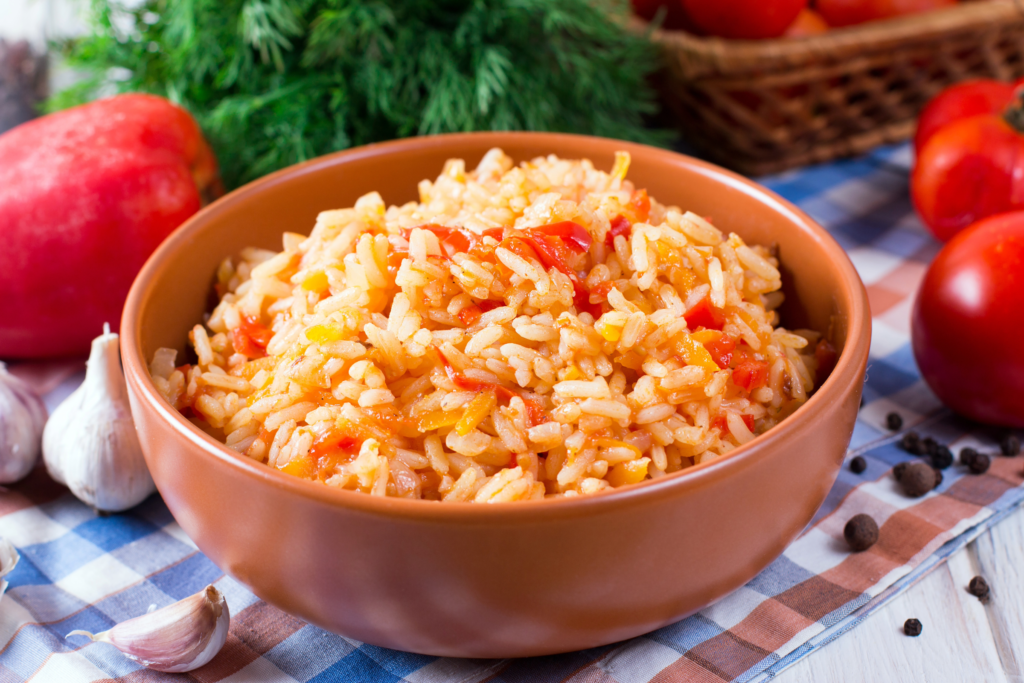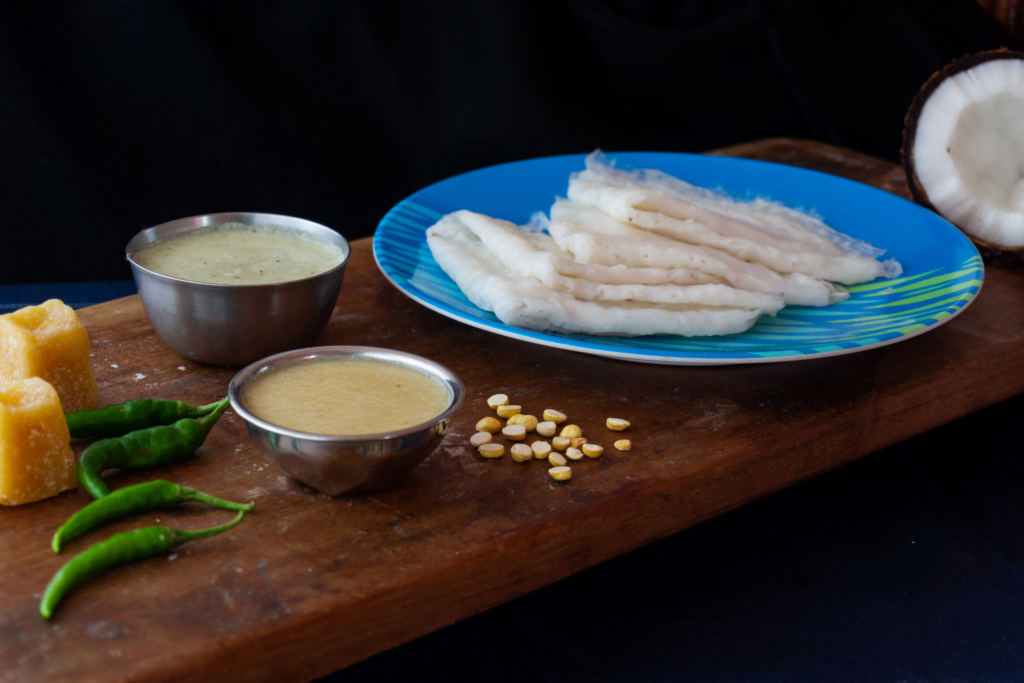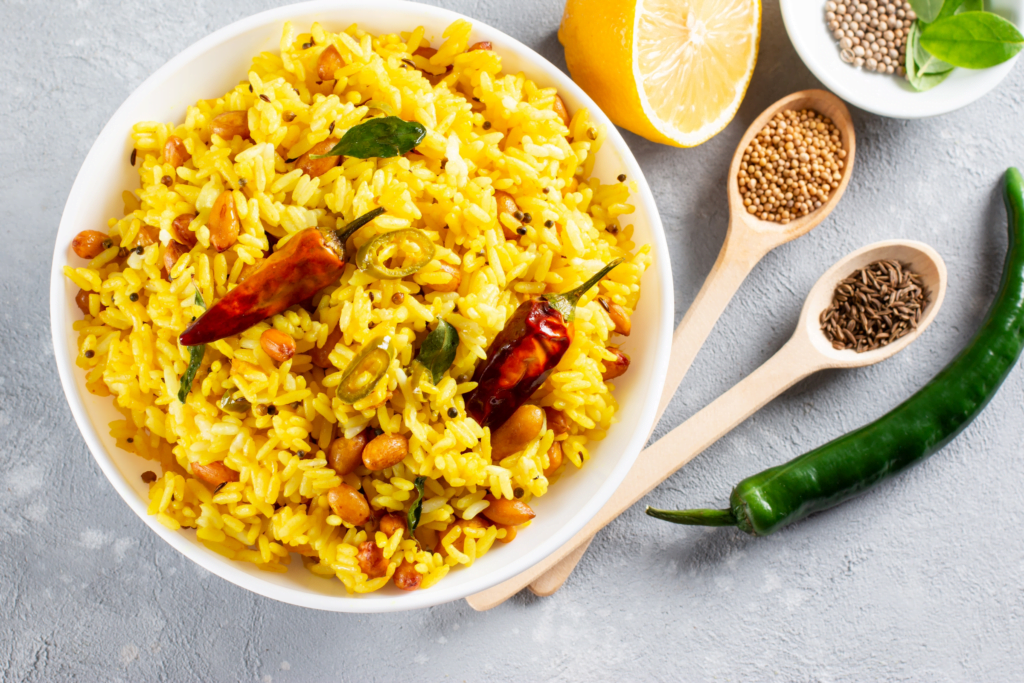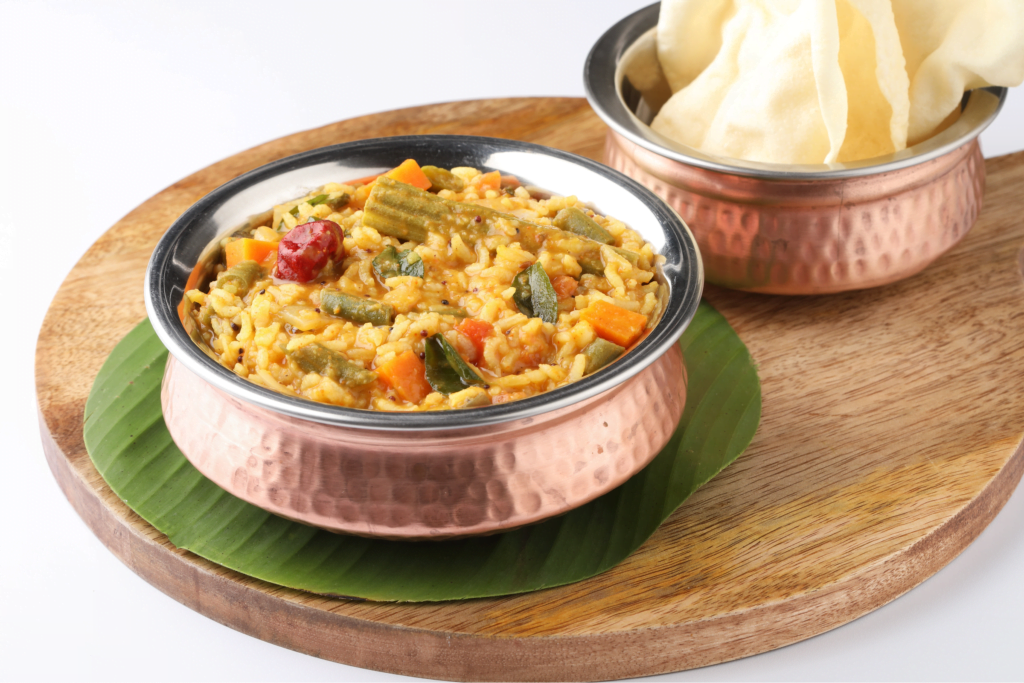Cuisines: South Indian
South Indian cuisine is a mesmerizing culinary journey through the southern region of India, known for its diverse flavors, vibrant colors, and unique cooking techniques. With its emphasis on rice, lentils, coconut, and an array of spices, South Indian food offers a tantalizing experience for the palate. In this exploration, we will immerse ourselves in the world of South Indian cuisine, unraveling its key characteristics, iconic dishes, and cultural significance.
Key Characteristics of South Indian Cuisine
- Rice-Centric: South Indian cuisine is predominantly rice-based. It features a wide variety of rice dishes, including dosa, idli, and various types of rice preparations like biryani and pulao.
- Coconut and Tamarind: Coconut and tamarind play pivotal roles in South Indian cooking. Coconut is used in various forms, such as grated, milk, and oil, while tamarind lends its tangy, sour notes to many dishes.
- Spice Blends: South Indian cuisine boasts a unique blend of spices, including mustard seeds, curry leaves, fenugreek, and asafoetida. These spices create distinctive flavors and aromas that are characteristic of the region.
Iconic South Indian Dishes
- Dosa and Idli: Dosa, a thin, crispy rice crepe, and idli, soft, fluffy rice cakes, are breakfast staples in South India. They are typically served with coconut chutney and sambar (a spicy lentil soup).
- Sambar: Sambar is a flavorful lentil soup made with vegetables and a tamarind-based broth. It’s a versatile accompaniment for rice, dosa, and idli.
- Biryani: South Indian biryani is a fragrant rice dish cooked with aromatic spices and a choice of protein, such as chicken, mutton, or vegetables. It’s often garnished with fried onions and fresh herbs.
- Curry and Coconut-Based Dishes: South India is renowned for its coconut-based curries, such as Kerala’s fish curry and Tamil Nadu’s chicken curry. These dishes highlight the region’s love for coconut milk and spices.
Cultural Significance
- Vegetarian Emphasis: South Indian cuisine has a strong vegetarian tradition, with many dishes tailored to suit vegetarian diets. It offers a wide range of delectable plant-based options that are rich in flavor and nutrition.
- Festivals and Rituals: Food plays a central role in South Indian festivals and rituals. Elaborate feasts are prepared to celebrate occasions like Pongal, Onam, and various temple festivals, showcasing the region’s culinary diversity.
- Community Dining: South Indian culture emphasizes communal dining, where family and friends come together to share meals. Traditional dining often involves eating with one’s hand, symbolizing intimacy and togetherness.
South Indian cuisine is a celebration of tradition, flavor, and cultural heritage. Whether you’re savoring the crispy delight of dosa, enjoying the softness of idli, indulging in the complex spices of biryani, or relishing the tangy richness of sambar, South Indian cuisine invites you to experience the diverse flavors and culinary traditions of the southern region of India. It’s a gastronomic journey that captures the essence of South India’s cultural richness and culinary artistry.
Level :
Type :
Time :
Level :
Type :
Time :
Level :
Type :
Time :
Level :
Type :
Time :
Level :
Type :
Time :
Level :
Type :
Time :
Level :
Type :
Time :
Level :
Type :
Time :
Level :
Type :
Time :








